Restoring normal life is the top priority

Every cyclone, regardless of how prepared we are, inevitably brings sufferings. While post-cyclone assessments tend to focus mostly on death toll, it is an insufficient indicator of the sufferings caused by such natural calamities. And this is what we should be thinking about as we try to process this year's first cyclone in the region that made landfall in Bangladesh on Sunday night, bringing with it tidal surges and torrential rain across the country. Thankfully, the government's timely interventions—including evacuating more than eight lakh people to shelters—have helped avert largescale casualties. But Cyclone Remal has caused largescale destructions and disruptions from which there will be no escaping.
We don't yet have the full picture amid continuing rain, with many areas still under the water. As of writing this editorial, at least 10 people have died from the cyclone. The number will likely increase further. Since the landfall, reports have emerged of how fierce winds snapped power lines, uprooted poles and trees, and snatched the roofs off many tin-and-thatched houses, while the rain and high tides also damaged embankments and flooded fish enclosures. In total, more than 30,000 homes in southern districts were reported destroyed, and tens of thousands more damaged. This means that even when it is deemed safe for those in storm shelters to return homes, there will be no homes to return to for a vast number of families. The uncertainties that await these people are tremendous.
Such sufferings are being compounded by the fact that power outage has caused over 10,000 mobile towers or base transceiver stations (BTS) to go out of service, affecting the mobile and internet services of millions of people. According to officials, power supply to about 2.22 crore consumers of the Bangladesh Rural Electrification Board (BREB) was suspended following the landfall, while the Bangladesh Power Development Board (PDB) cut electricity generation by more than half of its usual production.
Clearly, the cyclone's damaging effects have not been limited to the coastal belt only, with rain and attendant disruptions plaguing vast swathes of the country. While cities are having to grapple with waterlogging and long tailbacks, erosions and landslides remain a possibility in many other areas. In Dhaka and elsewhere, according to the Met office, there will be rain and strong winds tomorrow as well. Things, therefore, could yet get worse before they start getting better.
So far, according to the government, over 37 lakh people in 19 coastal districts have been affected by the cyclone. In the face of such devastations, the government has its job cut out for it. The first priority, of course, is to provide food and medicine to those most affected and restore normal life as soon as possible. Those who lost their homes and means of livelihoods will require financial assistance to rebuild their lives. The authorities also must undertake a comprehensive assessment of the overall damage caused to infrastructure, properties and traditional safeguards, and fix them. That must include the health of Sundarbans, which again came to our rescue despite Bangladesh taking the main blow of Cyclone Remal.

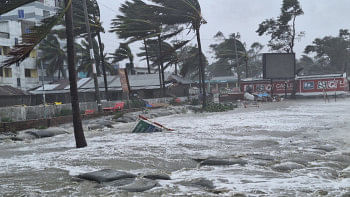
 For all latest news, follow The Daily Star's Google News channel.
For all latest news, follow The Daily Star's Google News channel. 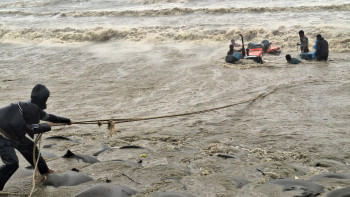
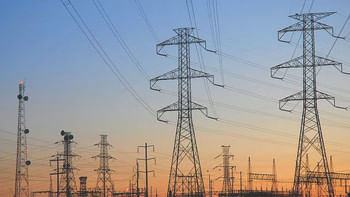
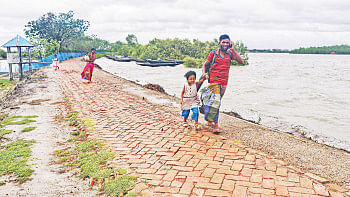





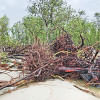



Comments